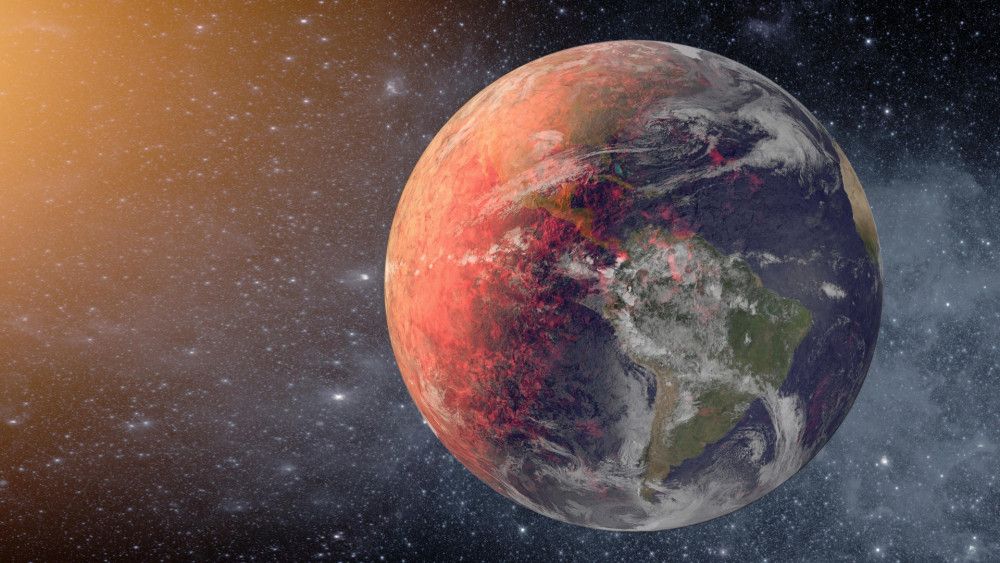Wednesday January 22, 2025
- ALL NEWS
- SMALL & MEDIUM ENTERPRISES (SME)
- INTERNATIONAL TRADE
-
REGIONS
-
NON-REGIONAL
Search

Today, the main causes of world hunger have less to do with a lack of food and more to do with inequality and the difficulty of delivering food and resources to the people who need them. As the population increases globally, so does hunger. To make matters worse, global warming is only exacerbating this problem. So how does trade fit in all this? Can trade be used to solve world hunger and global warming, or will it only worsen the situation?
The current worst-case scenario commonly discussed in scientific publications is 4°C of warming above pre-industrial levels. What that may look like is not clear. There are so many variables such as changing ocean currents, mass loss of biodiversity, and the release of huge methane deposits that exist below Siberia's and Greenland's ice sheets, making it difficult to predict how a 2°C rise will manifest itself, let alone a 4°C rise. But it is safe to say that such a dramatic increase in global heating would likely result in an additional 55 million people experiencing hunger, which is a 45% increase from a world not suffering from climate change.

There is no question that trade has contributed to this. Thus, the shipping industry must find a way to dramatically reduce its emissions. If left unregulated, global shipping could contribute as much as 17% of global CO2 emissions by 2050. However, this does not mean shutting down the shipping industry is the answer. Not only would such a move be completely incompatible with our current economy, but global trade can actually be a part of the solution to ending global hunger. In a protectionist trade environment, vulnerable regions representing as many as 73 million people would be unable to receive the food imports they need. On the other hand, in a world where trade barriers are eliminated, about 20 million people would endure food shortages due to climate change. 20 million is still not a very ideal number, but it is a lot better than 73 million. Thus, it is essential for the industry to keep running, but only once it has adopted much more sustainable methods.
Global problems require global solutions. For better or for worse, we live in a globalized world. In a time of crisis, countries tend to be protectionist. However, we must fight this tendency. As global heating continues, we must continue to utilize the international trade framework and work together to strategize a viable solution.
Stay Up-to-Date with Exports News
Exports News is the best place to receive all the latest updates about the business world. Sign up for our newsletter today and stay informed.
No Comments
Add comment



We’re happy you are satisfied with Exports News. Please let us know if you need enything!
support@exportsnews.comWe’re sorry your experience was not satisfactory. Please let us know how we can improve your experience:
Please contact us with any questions or concerns: support@exportsnews.com


Your feedback has been received! If you have any other questions or concerns, please contact us at:


There aren't any comments yet. Be the first to comment!